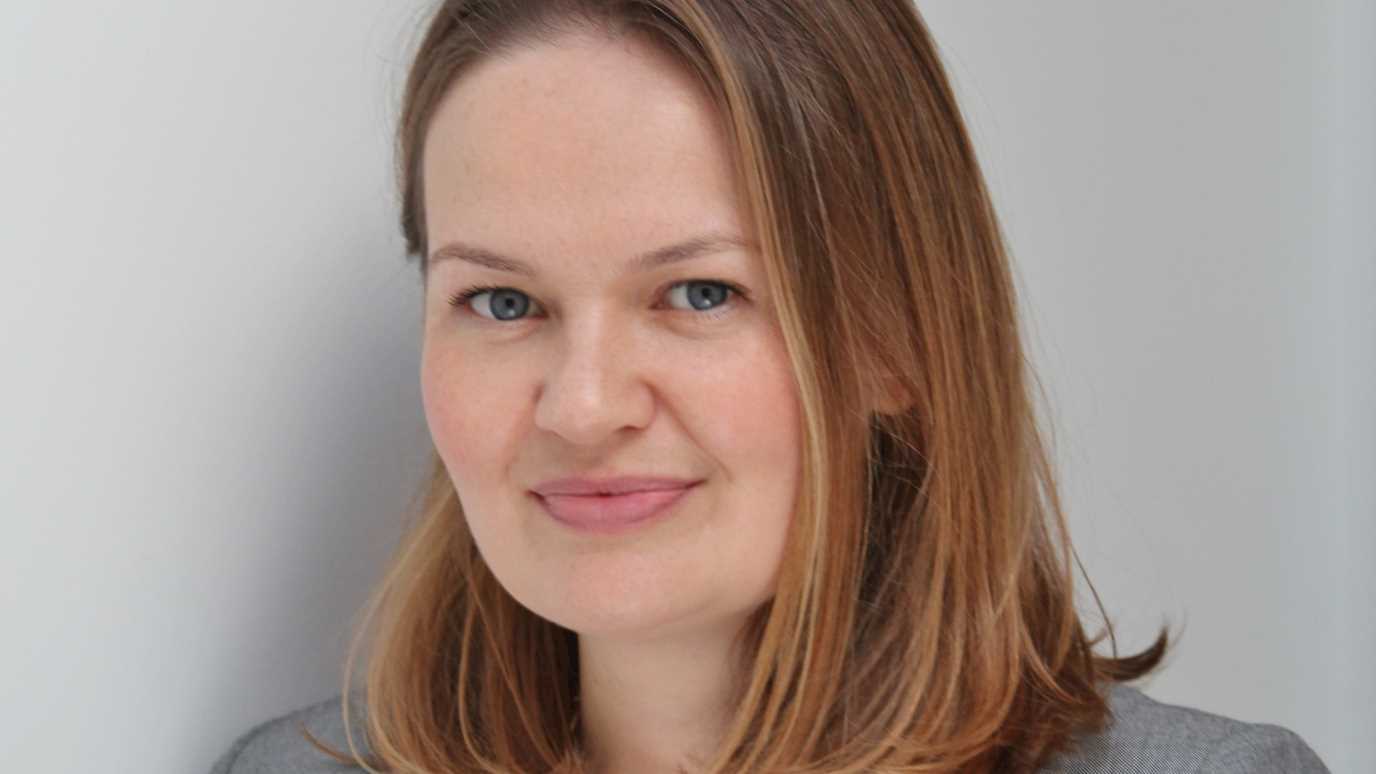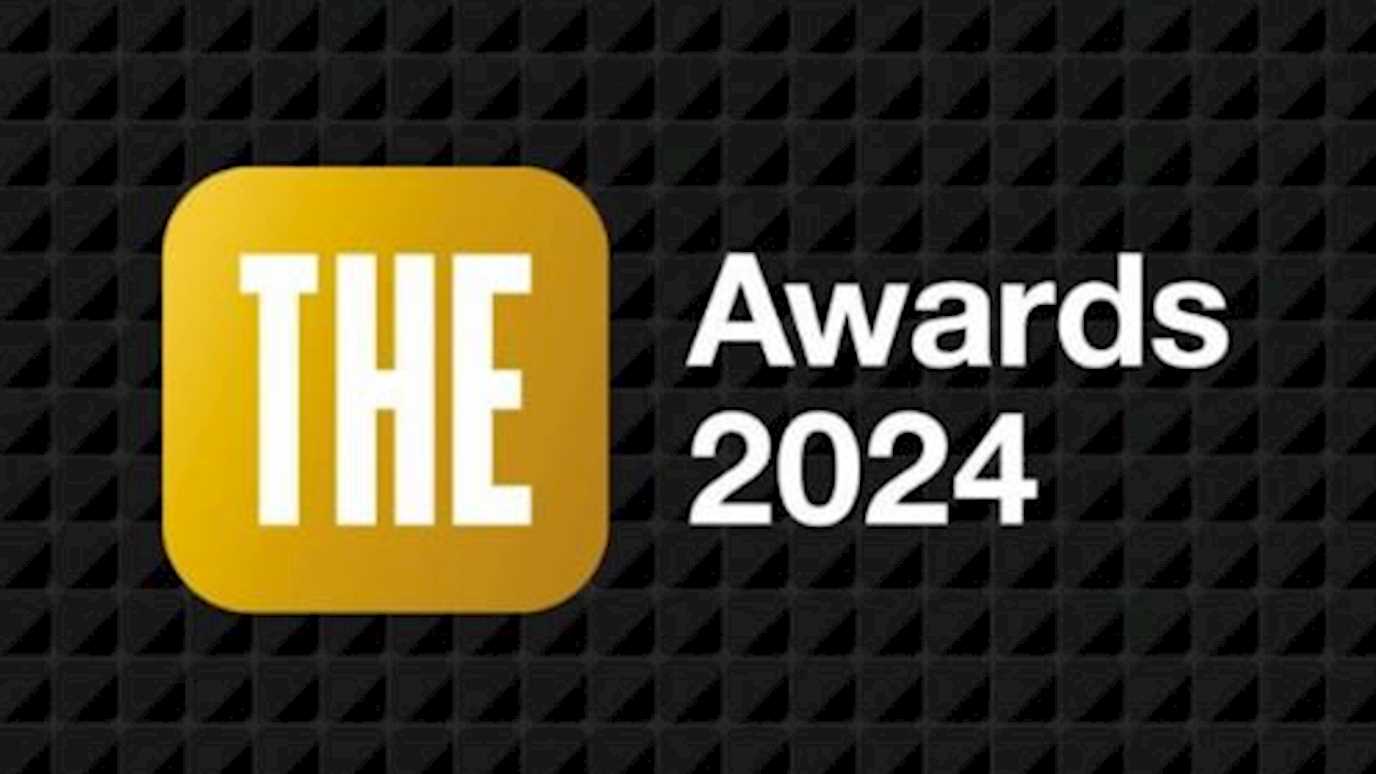Dr Danijela Serbic (Royal Holloway) and Dr Eilidh Cage (University of Stirling) edited a collection of articles about mental health that makes up-to-date scientific evidence accessible to younger readers.

The Frontiers for Young Minds collection of papers is aimed specifically at young readers (ages 8 -15). It includes papers written by expert scientists about a range of different invisible mental and physical health conditions. The concept of invisibility and associated issues is central to all of them.
There are many people who experience invisible, and often undiagnosed conditions and disabilities, which affect their everyday lives. Having an invisible condition/disability usually means that it is difficult to provide concrete, visible evidence for it and it can be perceived as 'not real' by other people. As such, these individuals can often feel not 'believed' or 'inadequate' and may feel the need to ‘mask’ their difficulties in order to fit in with others. Further, some people might be unwilling to seek help and share their concerns with others, in spite of being exposed to a number of physical, psychological and social challenges.
In this collection, we introduce young readers to a range of invisible conditions, for example, mental health conditions, autism and other lesser-known invisible conditions such as chronic pain conditions. The papers within this collection also discuss possible formal and informal support strategies for people experiencing these invisible conditions, such as individual therapies and, in educational contexts, mentoring and peer support initiatives.
The papers are written in a language that is accessible to young readers, who were also involved in the review process. It is important to simplify complex scientific research and knowledge for young readers and make it educational and interesting for them. This can help them learn about what it means to have an invisible condition and how it can impact relationships, education, cognitive functioning, communication, emotions, behaviours, and generally navigating everyday life. This can also help them understand some of the wider challenges that people with invisible conditions and disabilities face, such as stigma and discrimination, and teach them how they can potentially support their friends and family who might be experiencing some of these conditions.
























